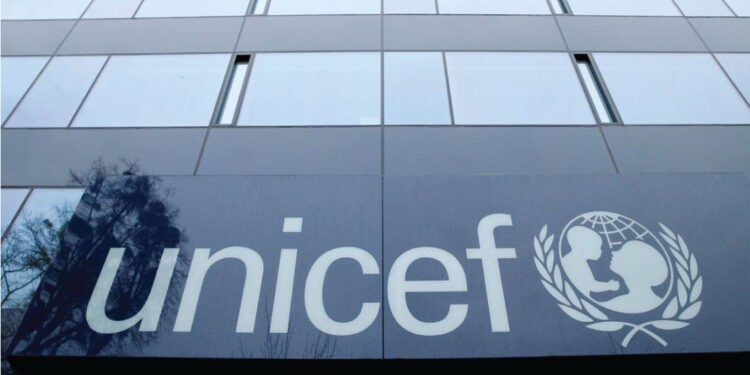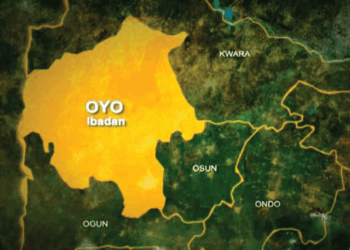The United Nations Children’s Fund (UNICEF) has revealed that more than 300,000 children lost their lives in the last 12 years because of the insurgency ravaging the North East region.
In its latest statistics, UNICEF disclosed that over one million people have been displaced within the period under review.
The agency further divulged that no fewer than 5,129 out-of-school children were currently battling mental health challenges as a result of the conflict in the North.
According to a statement jointly released by the European Union (EU) and UNICEF, they noted that a recent Mental Health and Psychosocial Support (MHPSS) needs assessment of conflict-affected children in north-east Nigeria; revealed pervasive psychosocial distress manifesting as high levels of anxiety, suspiciousness, anger, aggressiveness, and hyper-vigilance.
Stress and violence have been linked to poor brain development, depression, poor self-esteem. Children exposed to conflict and violence are at risk of long-term mental health and psychosocial issues, it added.
As children continue to bear the brunt of the 12-year conflict in northeast Nigeria, the EU and UNICEF are working together to provide community-based psychosocial services aimed at improving children’s mental health.
Through the EU-funded Support to Early Recovery and Resilience Project implemented by UNICEF, at least 5,129 conflict-affected out-of-school children in Borno State, north-east Nigeria in six local government areas are receiving services including mental health support in safe spaces to strengthen their well-being, resilience, literacy skills, and self-reliance.
UNICEF uses psychosocial support to help conflict-affected children manage their emotions, solve problems, deal with crises, and maintain healthy relationships.
The EU-funded programme in Borno State is a component of a three-year €10 million European Union Support to Early Recovery and Resilience package to support children, youths, and communities in Borno State.



















